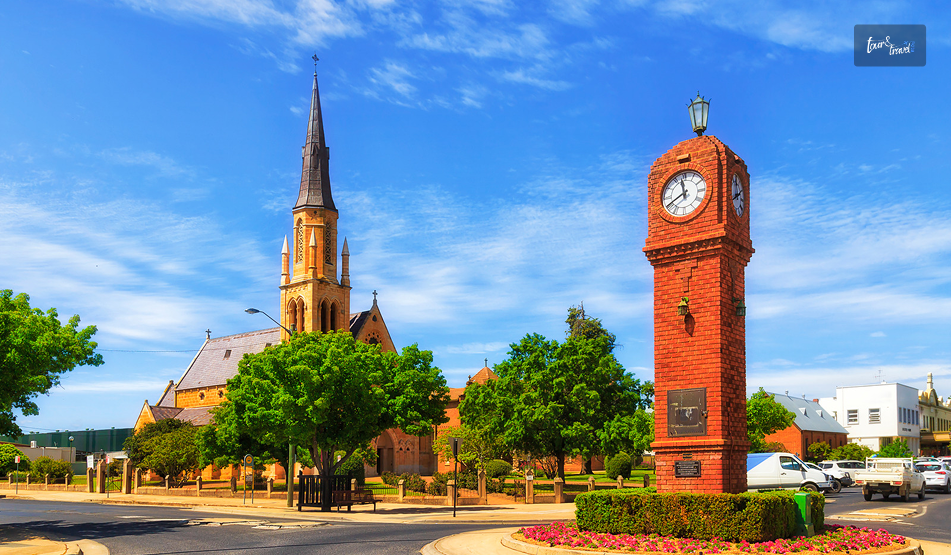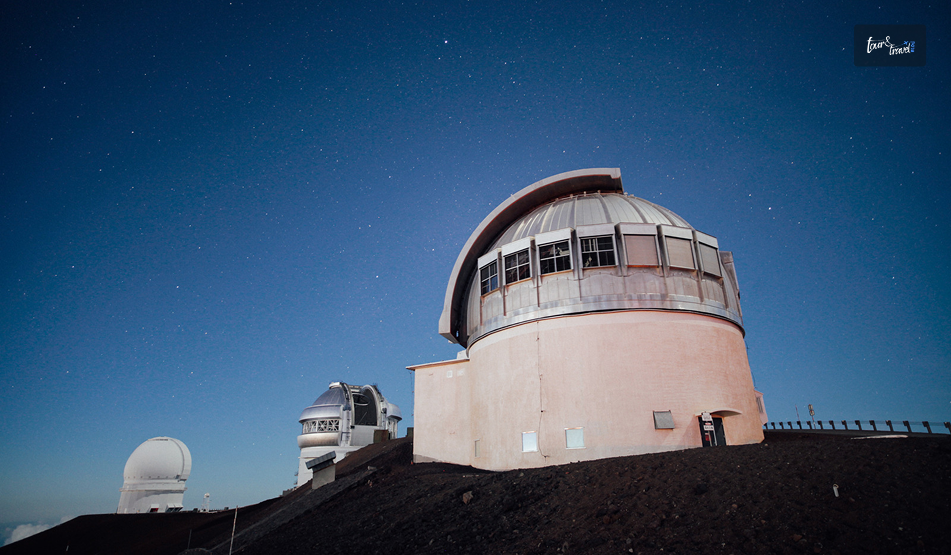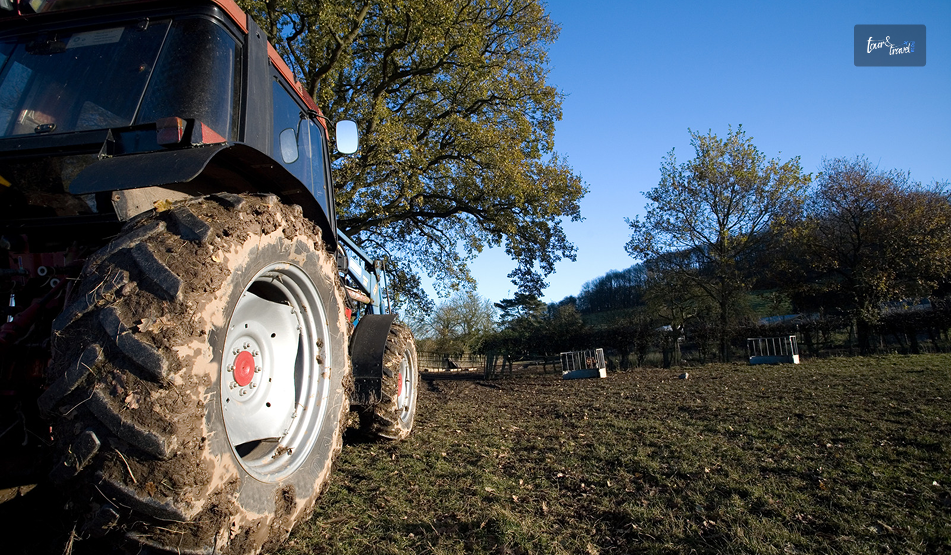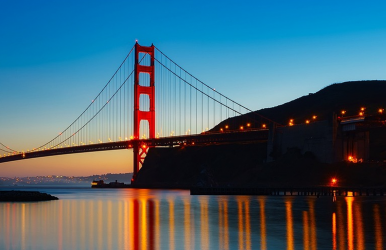Do You Qualify For Cancelled Flight Compensation On Connecting Flights?
BY Sibashree Sep 17, 2025
Flight disruptions can be stressful, especially when your travel plans involve multiple connections. If you’re traveling within, to, or from Europe, you may be entitled to Cancelled Flight Compensation under EU Regulation 261/2004. This regulation ensures that passengers receive financial protection when flights are cancelled, delayed, or overbooked, including scenarios involving connecting flights. Understanding your rights can help you claim compensation effectively and reduce travel-related stress. Understanding EU Regulation 261/2004 For Flight Cancellation Compensation Issued on 11th February 2004 and implemented on 17th February 2025, EU Regulation 261/2004 has clear directives about the flight cancellation compensation rights. Furthermore, this regulation is applicable to the following airline services. Flights departing from an EU airport, regardless of the airline. Flights arriving at an EU airport operated by an EU-based airline. This regulation ensures passengers are entitled to compensation if flights are cancelled without adequate notice or rerouting options. The amount of compensation generally depends on the flight distance and the delay caused by the cancellation. Eligibility For Cancelled Flight Compensation On Connecting Flights Have a look at the table below to understand the complex compensation norms for connecting flights. Eligibility CriteriaDetails Single Booking Requirement• Applicable when all flights are booked on a single ticket.• Separate bookings may reduce your rights. Arrival Delays• You can get the compensation if the cancellation leads to a delay of 3 hours or more to reach your final destination. Airline ResponsibilityIf the cancellation happens due to• Technical Problems• Staffing Issues Key Passenger Rights To Know Passengers affected by a cancelled connecting flight are entitled to: Reimbursement of the ticket cost or rerouting to the final destination. Meals, refreshments, and accommodation if delays require overnight stays. Compensation ranging from €250 to €600, depending on the flight distance and delay duration. Moreover, you seek help from platforms such as Skycop to simplify your flight cancellation compensation claims. Am I Eligible For Flight Cancellation Compensation Under Extraordinary Circumstances? No, you are not eligible to get flight cancellation compensation from your airline under extraordinary situations. Here, the extraordinary circumstances refer to situations that are beyond the grasp of the airline authorities. 1. Extreme Weather Conditions And Natural Disasters For example, if the weather conditions worsen or there is a sudden natural disaster like a typhoon, a tsunami, or tornadoes, any airline will not be able to offer service. In some cases, these natural disasters can completely ruin the infrastructure of the airports. 2. Global Pandemic And Safety Issues Similarly, we have also passed through the COVID-19 stage. If there is any pandemic of this scale, the airline services will be automatically shut down. This is another thing that is beyond the control of an airline service. 3. Political Unrest And Air Traffic Control Every other day, there is some news of a country fighting with another. From the Russian invasion of Ukraine to the Israel-Palestine conflict and the Pakistani terrorist attacks on India, the world has become a war-ridden place in the last few years. Air traffic control is common in these scenarios and these political situations, making air traffic control stronger can cause delays and cancellations of connecting flights. 4. Hijacking And Terrorism Terrorism and hijacking are extreme conditions under which a flight can be cancelled. This is a humanitarian crisis and of course, you cannot hold your airline responsible for these heinous acts. Having said that, extraordinary situations do not mean that you will not get any help from the airline. The airline will assist you by rerouting your journey by arranging another flight or any other suitable mode of transportation. Moreover, if you decide not to travel due to the delay or cancellation of a flight, the airline must provide you with a refund. Will I Get Compensation From My Airline If I Get Late At Work? Your flight is delayed and cancelled, and you are supposed to join a new company or resume office after a break. You can hold the airline responsible for the same, but the compensation scenario is not so easy. Let me explain! The airline will, of course, offer you a refund or compensation for the flight delay or cancellation according to the EU Regulation 261/2004. However, you will not get any compensation for the loss of pay. Practically, there is no legal protection or measure to demand compensation for the loss of pay. It is your duty to negotiate with the employer and check whether you can manage a paid leave or a leave without pay. For the new joinees, you can always convince the HR by explaining your situation and requesting to defer your joining date. Are Technical Problems Of A Flight An Extraordinary Situation? No, according to the Court of Justice of the European Union, a flight delay or cancellation caused by technical problems does not fall under extraordinary circumstances. So, you are eligible for compensation for a cancelled flight under these scenarios. However, if there is a manufacturing defect and your airline identifies and cancels your flight, you cannot hold them responsible for a delay or cancellation. However, even in these scenarios, your airline will have to pay a refund for your ticket or arrange an alternative flight or any other mode of transportation. Know Your Flight Cancellation Compensation Rights And Make Claims So, before boarding a flight or even before booking one, you must be aware of your rights. This is crucial, as often, despite valid claims, the airline companies procrastinate and they assure you to revert within a specific time, but they never do. Furthermore, many airlines look for unofficial settlements, convincing you to receive compensation that is less than the provisions in the 261/2004 regulations. So, if there is a flight delay or cancellation, follow this step-by-step guide to make your claim. Contact the Airline• Inform them about the delay or cancellation.• Discuss options such as rerouting, refunds, and compensationDetermining the Final Arrival Time• Assess the hours of delay you are facing due to the flight cancellation. • Your compensation will depend on the hours of delay you are facing in reaching your destination. Making a Claim• Finally, it’s time to submit your claim. Read Also: How To Enjoy Your Journey After You Book Flight Tickets From Canada To India? How Can You Avoid Travel Stress? Is Travel Anxiety Normal? A First-Hand Experience Of Taking A Red Eye Flight!















